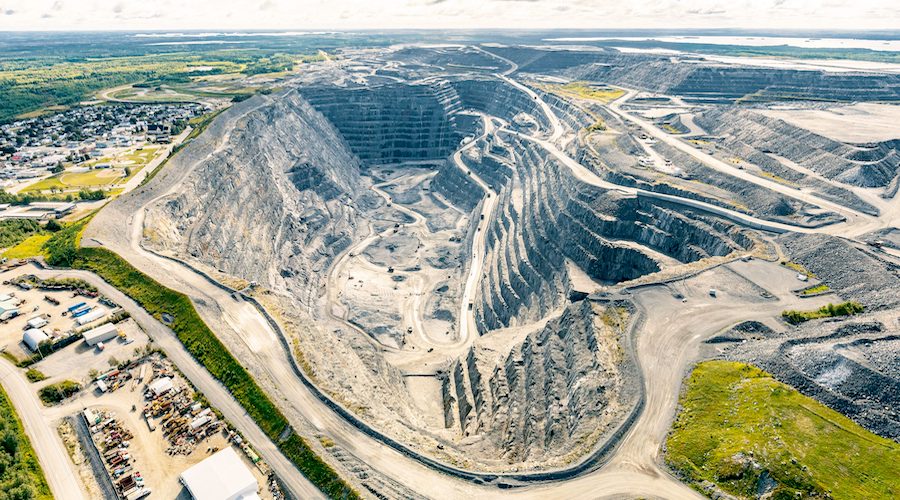MAC: Feds recognize industry’s critical role in economy, net-zero transition


On March 28, the Canadian government tabled the 2023 federal budget, of which a major focus was the mining supply chain and the country’s move to net-zero future, while strengthing on the country’s economy.
The budget 2023 builds on previous commitments in budgets 2021 and 2022, the 2022 fall economic statement and the Canadian critical minerals strategy and commits to the following:
• A clean technology manufacturing tax credit equal to 30% of the cost of investments in new machinery and equipment used to extract, process or recycle critical minerals essential for clean technology supply chains.
• A 15% refundable tax credit for eligible investments in clean electricity generation systems, including large-scale and small modular reactors. Eligibility is extended to include publicly owned utilities, which will accelerate necessary investment in electric infrastructure, including in northern Canada such as the Atlin hydro expansion project and the Kivalliq hydrofibre Link.
• A commitment to improve the efficiency of the impact assessment and permitting processes for major projects by the end of 2023.
• A re-allocation of $1.5 billion within the strategic innovation fund to support projects in sectors including clean technologies, critical minerals and industrial transformation.
• The establishment of a $1.5 billion critical minerals infrastructure fund, to be managed by Natural Resources Canada, towards energy and transportation projects to unlock priority mineral deposits.
• Loans to Indigenous communities to support them in purchasing equity stakes in major projects through the Canada Infrastructure Bank.
“Without mining, there are no electric vehicles, no clean power from wind farms, solar panels or nuclear energy, and no transmission lines,” said Pierre Gratton, the Mining Association of Canada’s (MAC) president and CEO. “Budget 2023 bolsters the ability of Canada’s mining sector to deliver for Canada and for the planet.
In the face of increased demand for low carbon technologies, and the need to ensure the minerals and metals essential to their development are mined with commitments to ESG, Indigenous engagement and sustainability at the forefront, there is no better choice than Canada. I am optimistic that with these new measures Canada will be able to attract new private sector investment into Canada’s mining, smelting and refining industry, creating well-paid jobs for Indigenous and nonIndigenous Canadians across the country,” Gratton said.
To learn about the MAC, visit www.Mining.ca.
Comments